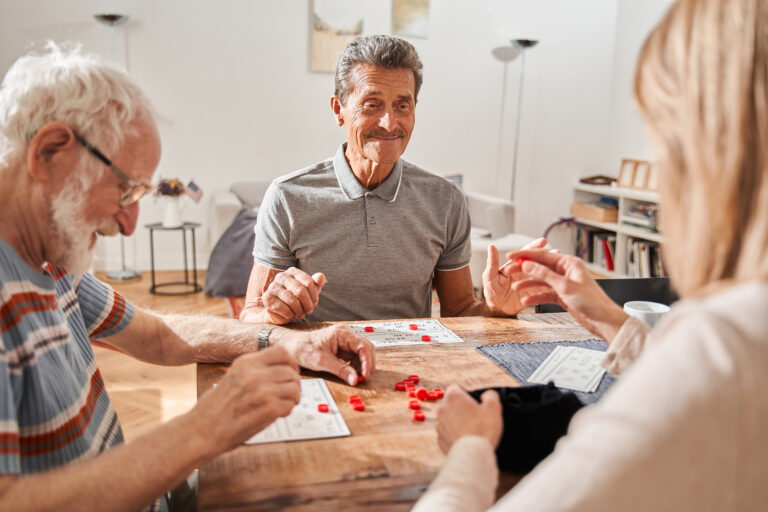Mental health is often an invisible struggle, especially as people grow older. While aging brings many physical changes that are easy to see and measure, the mental and emotional challenges that come with it can quietly undermine well-being without much notice. This makes mental health one of aging’s silent enemies.
As we age, life naturally presents new stresses—health problems, loss of loved ones, changes in independence—that can weigh heavily on the mind. Chronic illnesses like diabetes or prostate issues don’t just affect the body; they also create ongoing stress and anxiety that impact mood and mental resilience. Managing these conditions requires constant attention and effort, which can be exhausting mentally as well as physically.
The strain of coping with physical ailments often leads to feelings of frustration or depression. For example, someone managing diabetes must carefully monitor blood sugar levels daily—a task that can feel overwhelming over time. This persistent pressure affects not only their physical health but also their emotional state.
Beyond illness management, aging itself sometimes brings a sense of isolation or apathy if people withdraw from activities they once enjoyed or lose social connections. This withdrawal deepens feelings of loneliness and sadness—factors closely linked to declining mental health in older adults.
Breathing difficulties related to respiratory issues are another example where physical decline impacts mental well-being because struggling for breath is frightening and limits activity levels. When mobility decreases due to pain or weakness, it becomes harder for seniors to stay engaged with life around them.
Yet despite these challenges being common among older adults, conversations about mental health remain limited compared to discussions about visible diseases like heart problems or arthritis. Mental struggles tend not to show outward signs immediately but have profound effects on quality of life if left unaddressed.
The key lies in recognizing how intertwined mind and body truly are during aging—and understanding that caring for one means caring for the other equally. Regular medical check-ups should include attention not only to physical symptoms but also emotional states such as anxiety or depression.
Staying active physically helps both body and brain by releasing mood-enhancing chemicals while maintaining strength needed for independence. Maintaining social ties keeps curiosity alive; staying mentally engaged prevents apathy from taking hold—the real enemy behind many declines associated with getting older.
In this way, fighting against the silent enemy called poor mental health means embracing a holistic approach: managing chronic illnesses carefully while nurturing emotional wellness through connection, purposefulness, movement, and mindfulness every day throughout later years.





